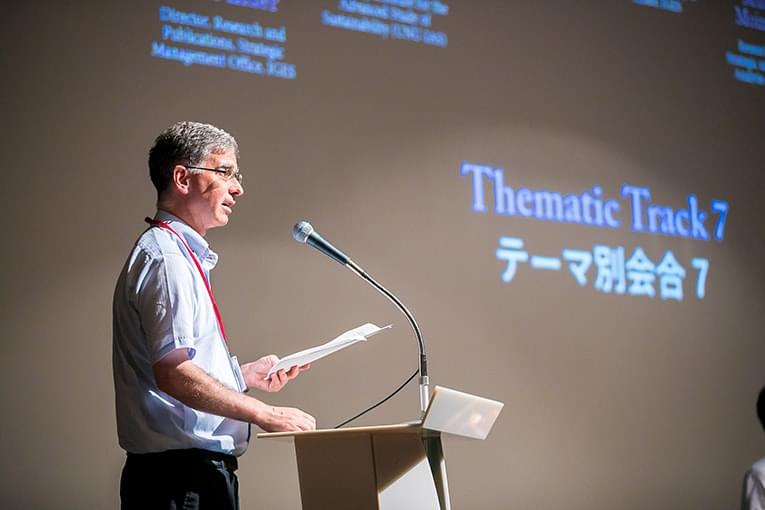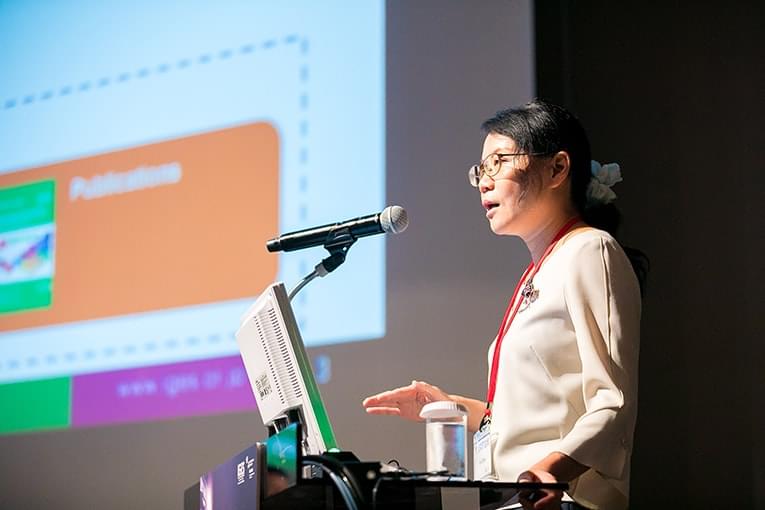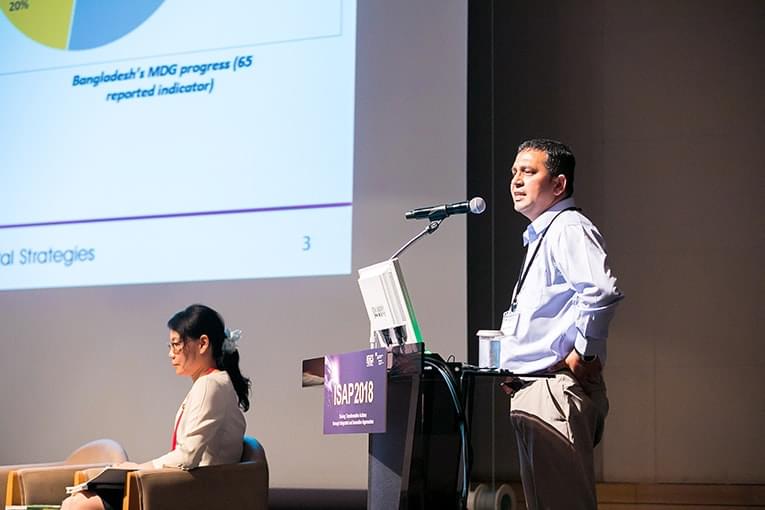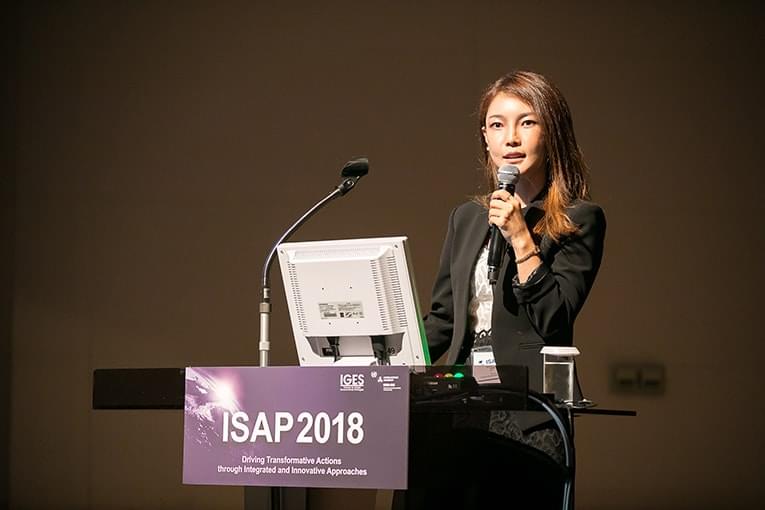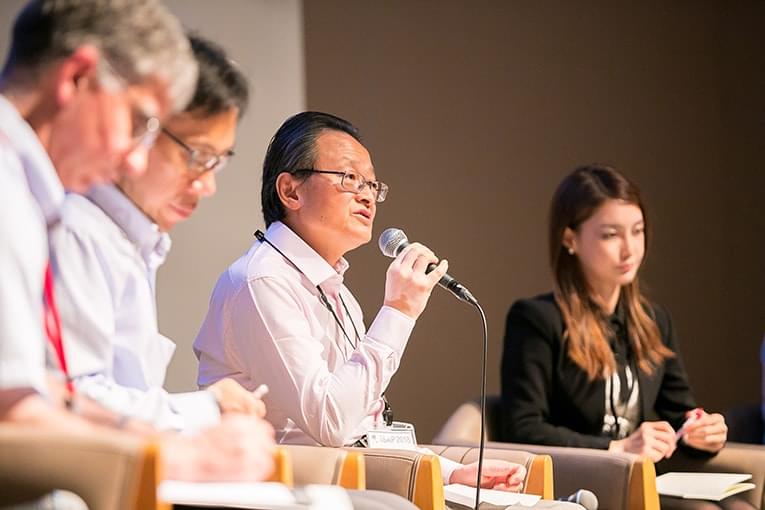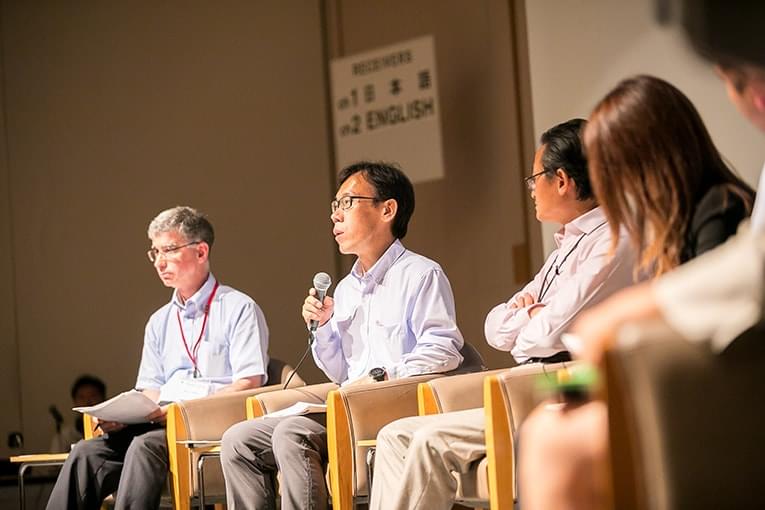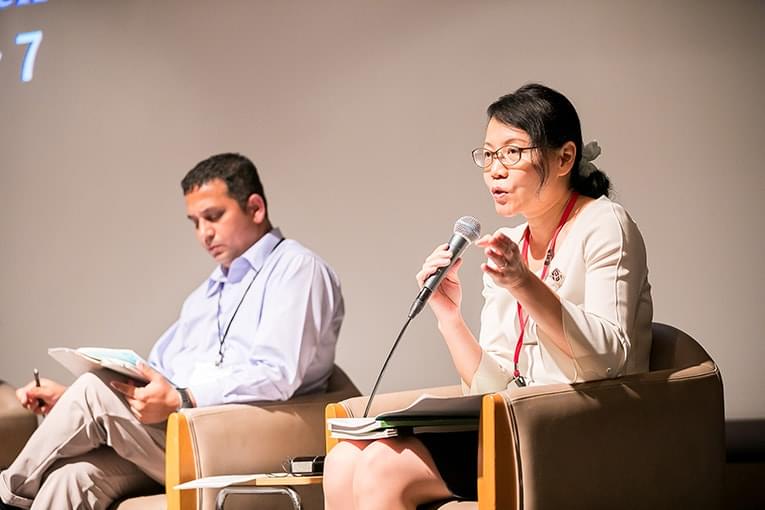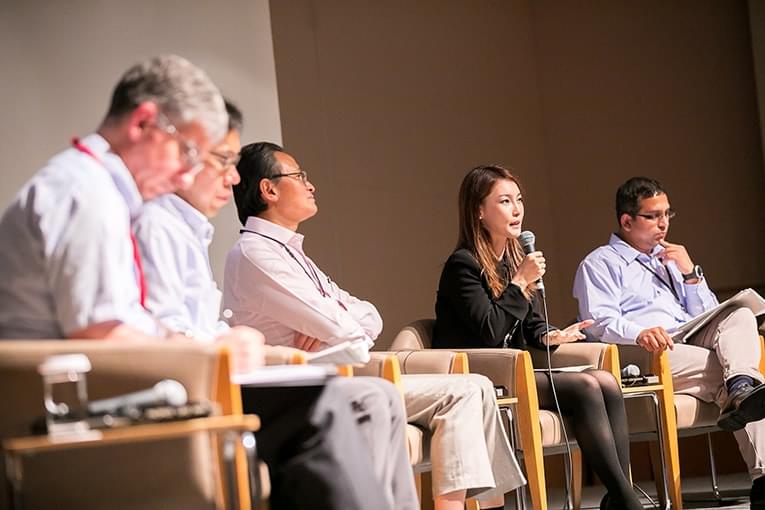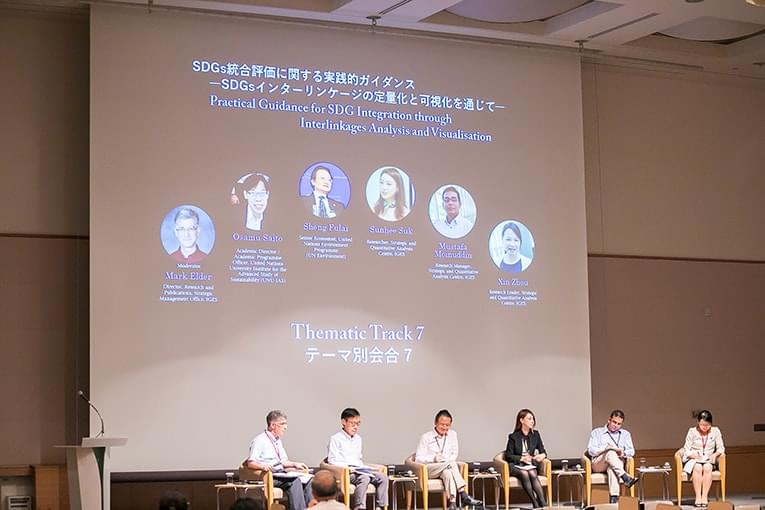SDGs interact with each other forming an indivisible framework. Without taking into account the synergies and trade-offs among SDGs and between their targets, SDGs cannot be achieved in a harmonised way with the promise of leaving no one/no area behind. This session aims to draw the attention of policymakers and representatives from various business sectors to the importance of SDG interlinkages for integrated policymaking and implementation. The session will discuss findings from the use of IGES’s SDG interlinkages analysis and visualisation tool, which helps to inform where there are potential synergies and trade-offs between the SDGs. The session shares the key messages from the IGES flagship report that proposes taking a systems approach for achieving sustainable development transformation from an interlinkages perspective. In so doing the session will emphasise ways this method challenges conventional siloed approaches, exploring how such a lens can be used to reconcile existing trade-offs between SDG targets. Evidence-based policy recommendations for SDG integration will be examined at different stages of policy-making illustrated by IGES empirical studies in different thematic areas including sustainable consumption and production, climate change and mitigation, business interplay with SDGs and sustainable cities.
Research Leader, Strategic and Quantitative Analysis Centre, IGES
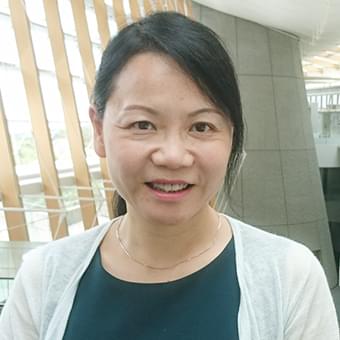
Xin Zhou
Research Leader, Strategic and Quantitative Analysis Centre, IGES
Xin Zhou is Research Leader of the Strategic and Quantitative Analysis Centre (QAC) at the Institute for Global Environmental Strategies (IGES). Currently, she is leading quantitative policy research in the areas of SDG interlinkages analysis and visualisation, green investment and green jobs assessment and water-energy nexus study in Ganges River. In recent years, she led a wide array of policy assessment works including the labour market implications of nationally determined contributions (NDC) in Indonesia, assessment of carbon pricing and border carbon adjustment on industrial competitiveness and carbon leakage in Japan, assessment of embodied emissions and international trade for Asian countries, assessment of the employment effects of environmental goods and services sectors in northeast Asian countries, and the development of the Japan 2050 Low Carbon Navigator, etc. She received Ph.D. in Environmental Studies from Nagoya University, Japan, in 2007. Before that, she had been working with the Policy Research Center for Environment and Economy (PRCEE), the Ministry of Environmental Protection, China, since 1994. As Director of Policy Research Division, she led many policy research supporting national policy-making on the environment. She received several national scientific achievement prizes for her academic and social contributions to the Chinese government.
Research Manager, Strategic and Quantitative Analysis Centre, IGES
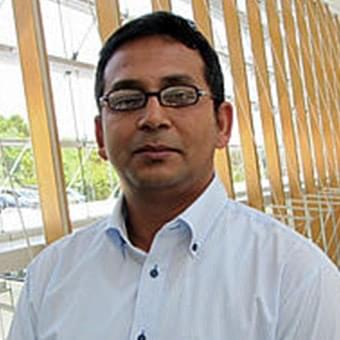
Mustafa Moinuddin
Research Manager, Strategic and Quantitative Analysis Centre, IGES
Mustafa Moinuddin is a senior researcher and research manager at the Strategic and Quantitative Analysis Centre of the Institute for Global Environmental Strategies (IGES). With more than 12 years of work experience in the field of international development, he is involved in several research activities at IGES relating to sustainable development and transition to green economy, green jobs and labour market assessment, sustainable infrastructure, capacity building for low carbon development, and Japan’s long-term energy scenarios. Mustafa is one of the core members of IGES activities on Sustainable Development Goals (SDGs), particularly focusing on interlinkages among the goals and targets. Mustafa’s other research expertise and interests include energy market integration, regional cooperation, and international trade. Previously he held research positions at the ADB Institute and the WIPO Japan Office, and has taught at several universities in Japan. Mustafa holds a masters in international law and economics from World Trade Institute, University of Bern (Switzerland) and a doctorate in international development studies from Yokohama National University (Japan).
Researcher, Strategic and Quantitative Analysis Centre, IGES
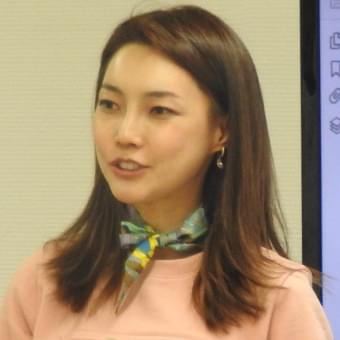
Sunhee Suk
Researcher, Strategic and Quantitative Analysis Centre, IGES
Sunhee Suk is a researcher of Strategic and Quantitative Analysis Centre, Institute for Global Environmental Strategies (IGES). Her research areas are environment and climate change related policies in Northeast Asia. Currently she is leading a project of the carbon market linkage in North East Asia in IGES.
Contributing to SDGs flagship publication, she extends the SDGs analysis framework in a way to incorporate business as a competent body for the SDGs achievement. She holds a master degree of urban engineering from University of Tokyo and a Ph.D. in Economics from Kyoto University of Japan.
Senior Economist, United Nations Environment Programme
(UN Environment)
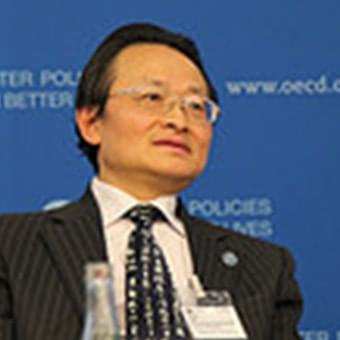
Sheng Fulai
Senior Economist, United Nations Environment Programme (UN Environment)
Sheng Fulai is a senior economist at the United Nations Environment Programme (UN Environment). He led the UN Environment report on "Towards a Green Economy: Pathways to Sustainable Development and Poverty Eradication" and the UN system-wide report "Working towards a balanced, inclusive green economy", both published in 2011. He recently focuses on promoting integrated planning for sustainable infrastructure in contribution to the Sustainable Development Goals. For more than 30 years, Mr Sheng has served the Chinese Ministry of Finance, the World Bank, the World Wide Fund for Nature (WWF) International, Conservation International and, since 2005, UN Environment. His major works include green economy policy assessment, integrated policy making, green national accounting, and comparative assessment of development options.
Academic Director / Academic Programme Officer, United Nations University Institute for the Advanced Study of Sustainability (UNU-IAS)
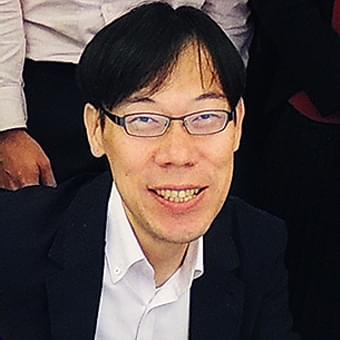
Osamu Saito
Academic Director / Academic Programme Officer, United Nations University Institute for the Advanced Study of Sustainability (UNU-IAS)
Osamu Saito is Academic Director at UNU - IAS, and Visiting Associate Professor at the University of Tokyo. As an expert in the field of biodiversity and ecosystem services, he has been working on the interlinkages between ecological, human and social systems through sustainability science approaches. His research experiences include socio-ecological studies on the ecosystem services provided by traditional rural production landscapes (Satoyama) in both Japan and other Asian countries. At UNU he has been also activity promoting various activities for the Intergovernmental Platform on Biodiversity and Ecosystem Services (IPBES). He has been a managing editor of the Sustainability Science journal published by Springer since 2011.
Director, Research and Publications, Strategic Management Office, IGES

Moderator
Mark Elder
Director, Research and Publications, Strategic Management Office, IGES
Mark Elder is Director of Research and Publications, Strategic Management Office at the Institute for Global Environmental Strategies (IGES) in Japan. He has led various research projects on environmental and sustainability governance issues including: sustainable development goals, Rio+20 institutional framework for sustainable development, transboundary air pollution, regional environmental cooperation in East Asia, economic integration, biofuels, and local governance. Before joining IGES in 2006, he was Assistant Professor of Political Economy and International Relations at Michigan State University. He received a Ph.D. in political science from the Department of Government, Harvard University. On SDGs, he coauthored a policy report on “Scoring the Sustainable Development Goals: Pathways for Asia and the Pacific,” and an article in the journal Sustainability on “An Optimistic Analysis of the Means of Implementation for Sustainable Development Goals: Thinking about Goals as Means”.
